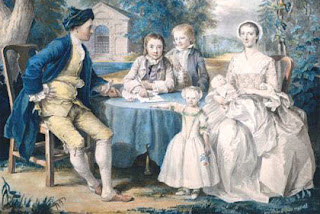"In many ways gender identity and roles function as any other social identity and role. Every known human society presents individuals with a set of statuses by which members of the society identify themselves and one another. Such statuses may be assigned to an individual automatically, based on the status of his or her parents, or based on some physical characteristic (including ones that emerge through the aging process); such statuses are called "ascribed." Other statuses may be achieved based on the activities and accomplishments of an individual. Scientists used to believe that gender was universally ascribed; today most recognize that elements of gender can be achieved. In either case, gender, like any other role, involves socially proscribed and prescribed behaviors, which may take the form of rules or values. Such rules and values do not determine or control an individual's behaviors absolutely. Usually they define boundaries of acceptable behavior within which there is always variation and room for individual creativity. Most researchers recognize that the concrete behavior of individuals is a consequence of both socially enforced rules and values, and individual disposition, whether genetic, unconscious, or conscious, although some researchers emphasize the objective social system, and others emphasize subjective orientations and dispositions."
"Moreover, such creativity may, over time, cause the rules and values to change. Although all social scientists recognize that cultures and societies are dynamic and change, there have been extensive debates as to how, and how fast, they may change. Such debates are especially intense when they involve the gender/sex system, as people have widely differing views about the extent to which gender depends on biological sex."
The suitable roles, rights, and responsibilities of both men and women in society are based on a gender role ideology. This perception can usually reflect these attitudes in a specific area. These areas include things such as an economic, family, legal, political, and also social domain. Most of the time, gender ideology theories are one dimensional and range from traditional, conservative, or anti-feminist; to egalitarian, liberal, or feminist. Traditional gender ideologies highlight the values of specific roles for males and females. According to a traditional gender ideology about family, males accomplish their family roles through instrumental, business-like actions and women accomplish their roles through nurturing, homemaking, and parenting actions. Liberal ideologies regarding the family, by contrast, support and signify men and women to be equal and share business-like and nurturing family roles.
information from http://www.wordiq.com/definition/Gender_role
pictures from google images
Group-work from others in the group (the other parts of the presentation)
Kelsey Kubiak
Otte, Conner G
Bigger, Breanna
Group-work from others in the group (the other parts of the presentation)
Kelsey Kubiak
Otte, Conner G
Bigger, Breanna




No comments:
Post a Comment